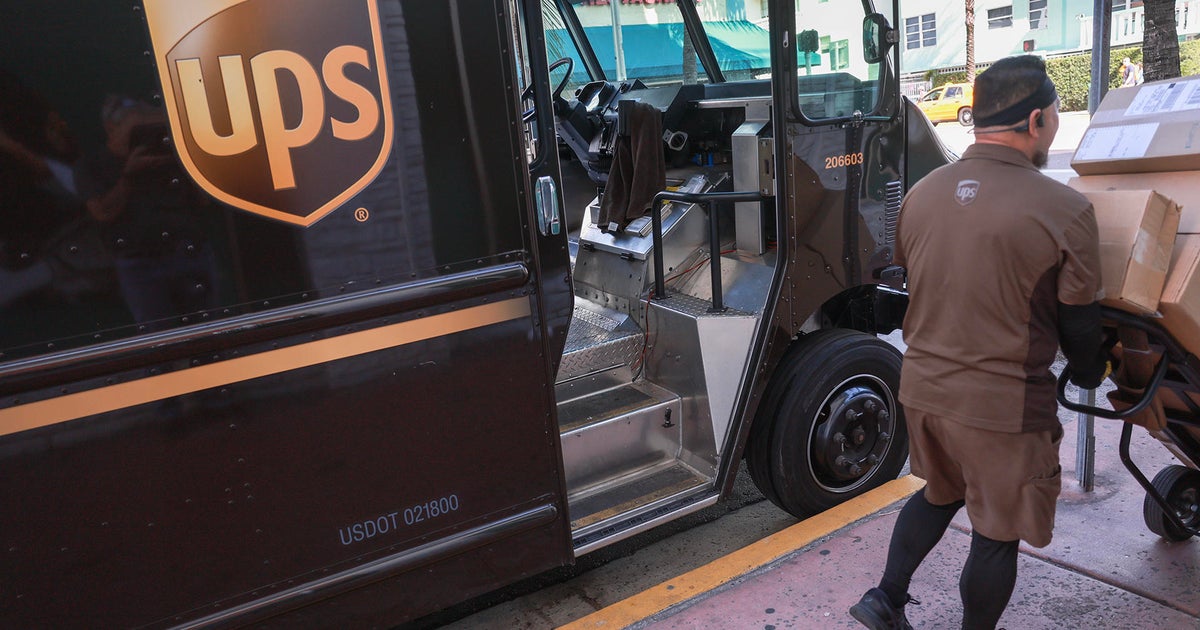Lakewood pilot project tries to starve toxic algae before it grows to dangerous levels
Blue green algae is not uncommon in Colorado. However, exposure can make you sick. It can even be deadly to dogs.
The lake at Denver's City Park has levels high enough that it got shut down.
Nearby cities are looking at solutions.
When it's this hot, people sometimes jump in the water without knowing what's in it.
Floating islands like these in Horseshoe Pond near Bear Creek could be the key to keeping you safe.
"It's ingesting the water that's an issue."
Natural resource expert Lee Blair said the City of Lakewood is still doing sampling on this pilot project to prevent algae blooms.
"They're taking out these nutrients of the water, not allowing the blue green algae to kind of feed off of them and grow where they're becoming harmful," Blair said.
RELATED Blue green algae found at Bear Creek pond (2019)
Today, there's hardly any algae here compared to 2019. CBS4 was there after toxic bacteria was found in the same pond.
"The plants that are growing on top of them are rushes and sedges which are just native plants to this area," Blair explained, "and they are kind of uptaking nutrients like your nitrogen, your phosphorus."
The islands are made of styrofoam.
"The roots will go down into the water, creating like a habitat for fisheries and then also that's where they're kind of uptaking those nutrients."
Blain said prevention here could stop algae from reaching waters where more people swim.
"All that water is going to go into that ditch, feeding into this pond, and then it goes into Bear Creek. And that Bear Creek eventually meets the Platte."
Ingesting water in area with this algae is what puts you at risk. That's why it's especially important to keep kids and dogs out of those waters. if you're in waters and see this algae, please contact your city or call 411.









